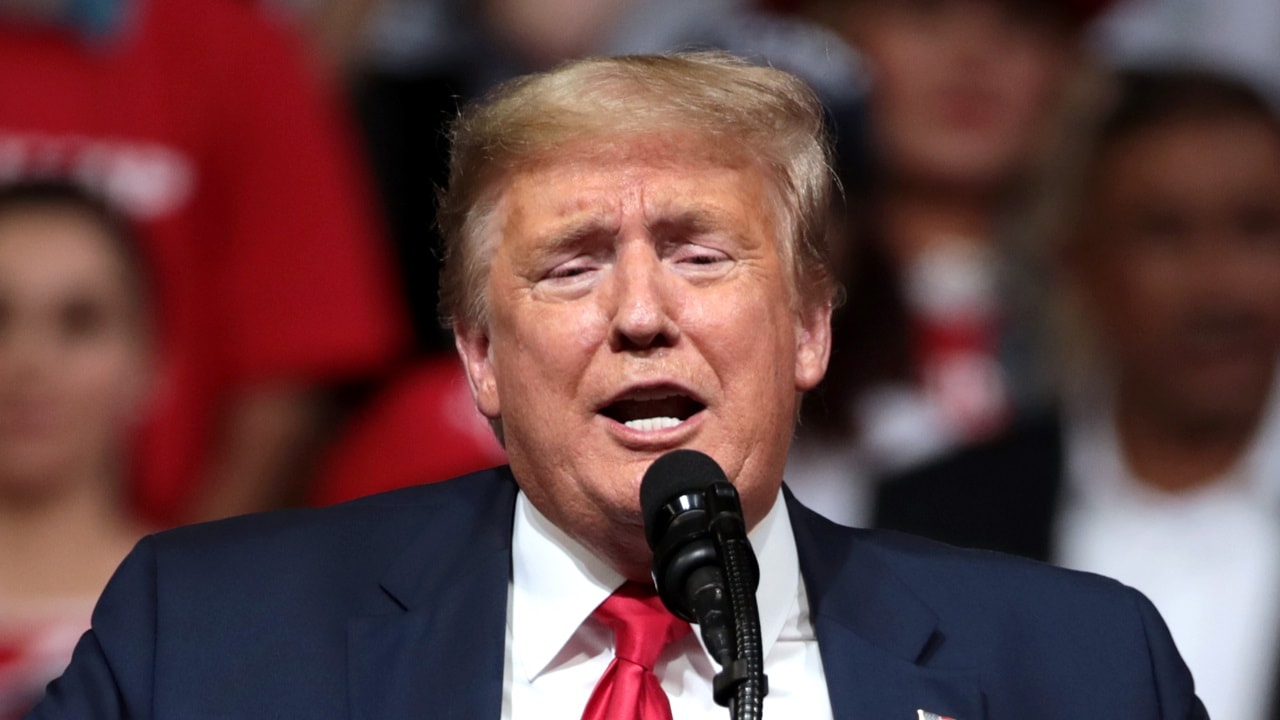Donald Trump’s legal team has sought to see at least some of the numerous charges against the former president dismissed.
Attorneys for Trump filed several motions earlier this week, asking the judge overseeing the election subversion case in Washington, D.C. to dismiss the charges – arguing that they violate his First Amendment rights, while they further claimed their client can’t be tried again after the Senate acquitted him in his impeachment trial.
The court filings, submitted shortly before midnight on Monday, argue that the charges are legally faulty, noting that Congress had unsuccessfully made efforts to remove him from office in the final days of his presidency.
Trump’s attorneys further called the charges a “selective and vindictive prosecution.”
The First Amendment Argument
“Countless millions believe, as President Trump consistently has and currently does, that fraud and irregularities pervaded the 2020 Presidential Election,” his attorneys wrote in the filing. “As the indictment itself alleges, President Trump gave voice to these concerns and demanded that politicians in a position to restore integrity to our elections not just talk about the problem, but investigate and resolve it.”
His attorneys further made the case that “the First Amendment embraces and encourages” Trump’s actions in the wake of the 2020 election.
This is not the first time that Trump and his lawyers have tried to use the “First Amendment” argument. Yet, as Elie Mystal, host of the legal podcast “Contempt of Court” noted in an op-ed for The Nation, this isn’t about free speech.
“Trump’s legal argument proceeds from the incorrect premise that he is being prosecuted for his speech. He is not. He is being prosecuted for his actions. The motion to dismiss reads like his lawyers have spent too much time listening to Trump sycophants on Fox News and not enough time reading the actual indictment filed against their client,” wrote Mystal.
Former U.S. Attorney Barbara McQuade, now a professor at the University of Michigan Law School, posted to X – the social media platform formerly known as Twitter, “The First Amendment is not absolute. Many crimes that involve speech are crimes — perjury, fraud, and conspiracy to name a few.”
The Senate Case – Double Jeopardy?
Trump’s lawyers attempted to suggest that because the former president was impeached and then acquitted by the United States Senate in January 2021, he can’t be tried again.
“The United States Senate has previously tried and acquitted President Trump for charges arising from the same course of conduct alleged in the indictment, the impeachment and double jeopardy clauses both bar retrial before this Court and require dismissal,” the filing argued.
However, critics of the president have suggested that “double jeopardy” doesn’t apply in this case.
“First, there is a very clear distinction between impeachment trials, which are political, and criminal trials, which ought not to be,” wrote Hayes Brown, MSNBC opinion writer/editor.
A Senate impeachment trial doesn’t require the “beyond a reasonable doubt” standard in a criminal case, nor is there any need for unanimity among the jury as in federal criminal cases, as only two-thirds of senators are required to vote in favor of conviction — which thanks to partisanship can be an even higher bar, Brown noted.
The United States Constitution also makes clear that punishment for an official convicted in an impeachment trial is removal from office, and barred from holding any future office. Brown further emphasized that in the federal criminal case charging him with trying to overturn the 2020 election, Trump faces a maximum prison sentence of 20 years, once with a crime that has a maximum 10-year sentence, and once with a crime that has a maximum five-year sentence.
“Double jeopardy bars subsequent prosecution after a conviction or acquittal of the same crimes. Impeachment articles are not crimes. Different standards, no double jeopardy,” suggested McQuade. “These motions should be denied, and seem designed only to create further delay.”
Mystal also made the point that “Double Jeopardy can’t even be invoked when a person is prosecuted for the same crime in federal court and state court. The idea that jeopardy can be invoked after what is essentially a Congressional oversight process is just inane.”
The former president faces four counts in the case, including conspiring to defraud the United States and to obstruct an official proceeding. Trump pleaded not guilty in August, and the case is scheduled to begin on March 4, 2024.
Author Experience and Expertise
A Senior Editor for 19FortyFive, Peter Suciu is a Michigan-based writer. He has contributed to more than four dozen magazines, newspapers, and websites with over 3,200 published pieces over a twenty-year career in journalism. He regularly writes about military hardware, firearms history, cybersecurity, politics, and international affairs. Peter is also a Contributing Writer for Forbes and Clearance Jobs. You can follow him on Twitter: @PeterSuciu.
From the Vault

